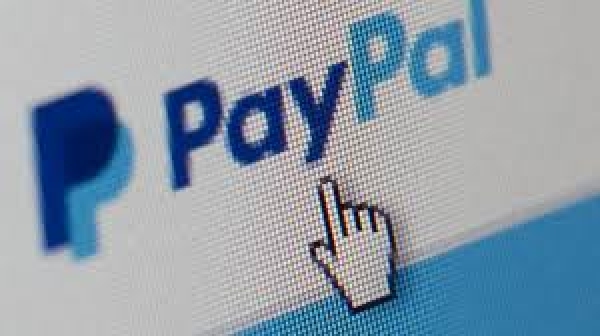Apple Pay is, as known, the uprising Apple E-Payment service aimed - through allowing consumers to make secured purchases using a credit or debit card associated with a supported Apple mobile device - to provide them with “an easier way to pay in stores”; “an easier way to pay within apps” and, more generally, “an easier way to pay on the web”.
As stated on www.apple.com/apple-pay website, indeed, “your card details are never shared by Apple when you use Apple Pay, making payments with your iPhone, Apple Watch, iPad, and Mac is the safer, more private way to pay”.
For this purpose, Apple uses a tokenization service and encrypts the customer's card number, assigning it a device-specific identifier called DPAN.
This DPAN is subsequently used by the processing Banks in place of the real card number in order to securely handle transactions.
So does Google with its Google Wallet (https://wallet.google.com/n/home) and Android Pay (https://www.android.com/pay/).
So does, again, Samsung with its Samsung Pay (http://www.samsung.com/us/samsung-pay).
And the list could go on and on.
One main common feature between the above listed platforms - at least with reference to the electronic-wallet services provided - is therefore that they are all based on the same idea which made, two decades ago now, PayPal one of the world’s largest internet payment set ups.
It is therefore fair to ask ourselves why a consumer may or may not prefer these new e-Payments platforms over the more “classic” PayPal.
According to experts, the answer to this questions will be found in how fast and how widely the acceptance of this e-Payments systems will spread in the e-Market.
The same rule seems to apply, specular, for online merchants.
In order not to be cut off from significant market segments, indeed, they cannot be anymore insensible to the proliferation of new e-Payments platforms, nor exempt themselves from taking these - everyday new - options into proper consideration.
All of this, obviously, provided that all of them - and the question appear mostly relevant with reference to the niche, but not for this negligible, platforms - can be considered legally compliant with the target-market(s) of the merchant. And here come the Lawyers.
